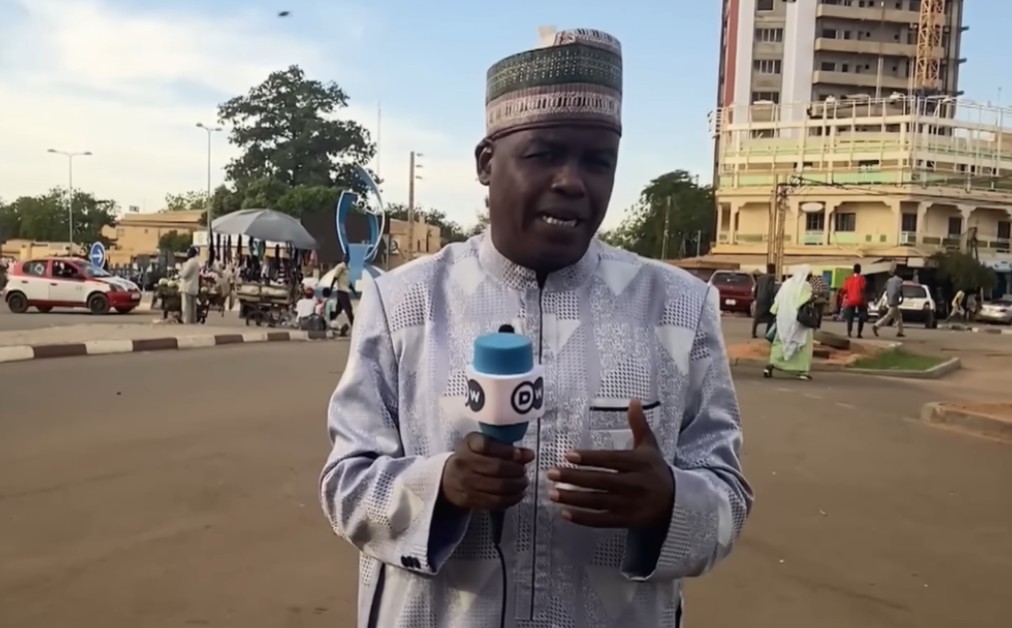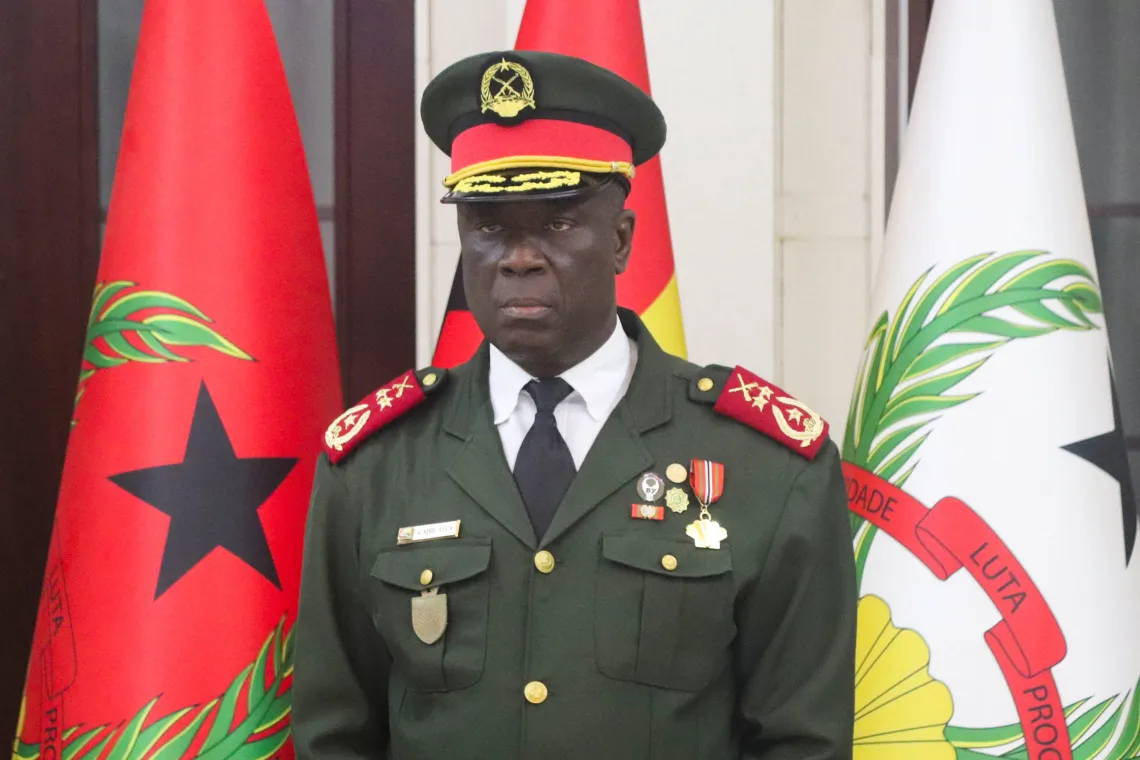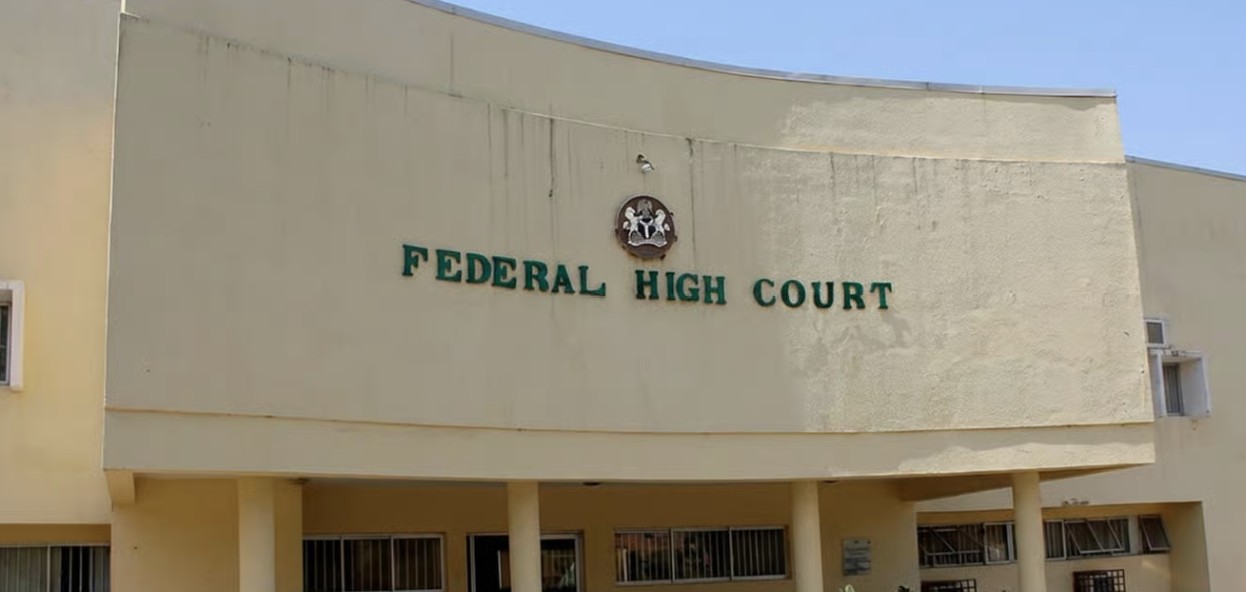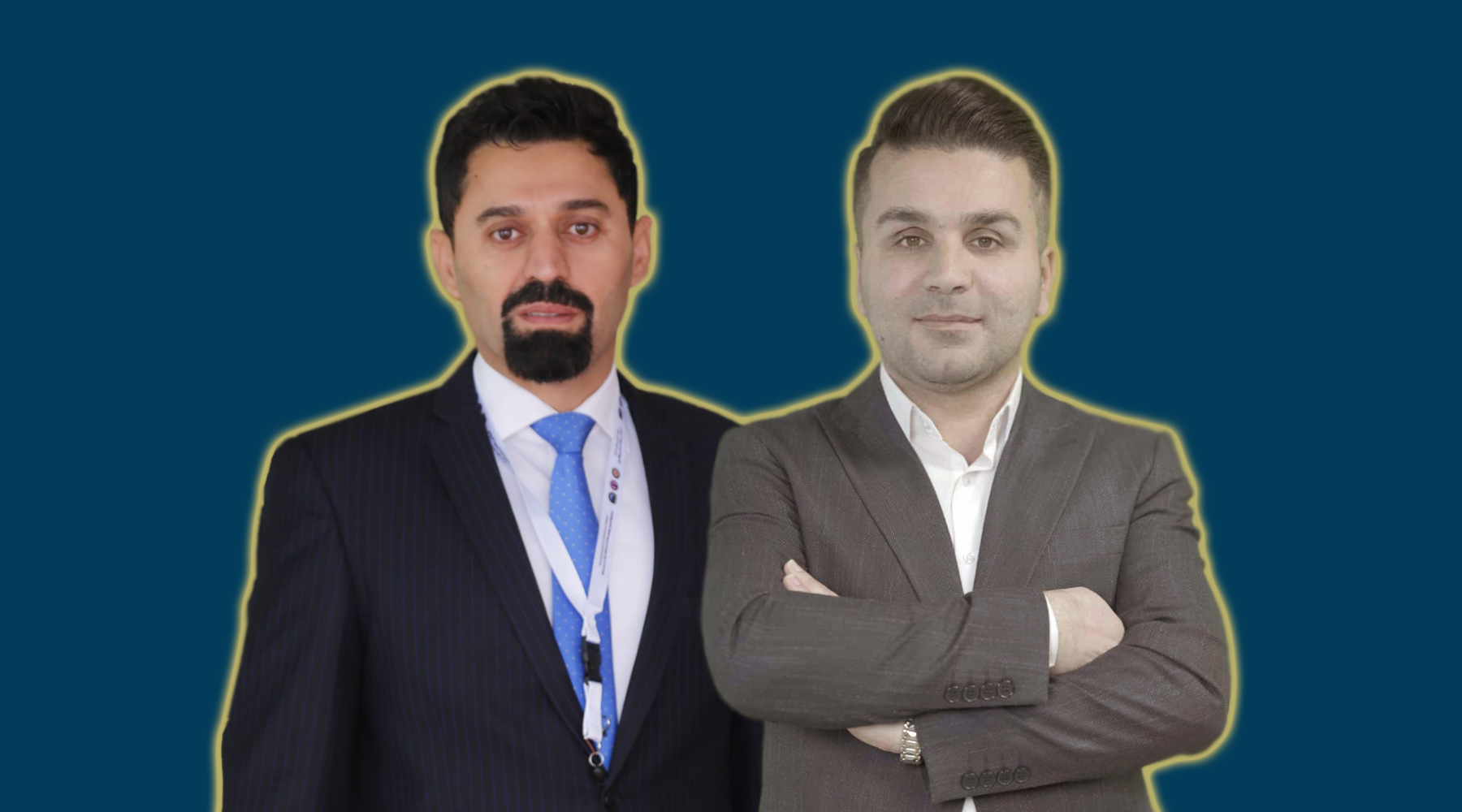
Two Kurdish Journalists Released After Detention, One Remains Held in Sulaymaniyah
March 7, 2025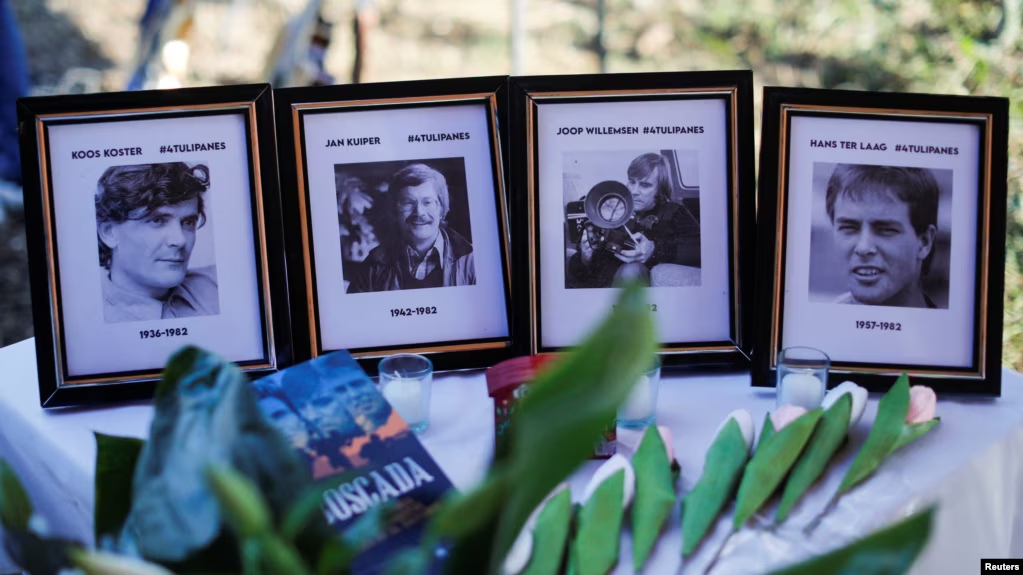
U.S. Lawsuit Targets Former Salvadoran Colonel for 1982 Journalist Killings
March 7, 2025March 07, 2025 – Congo –
Journalists in the Democratic Republic of the Congo (DRC), particularly in the eastern provinces of North and South Kivu, are confronting unprecedented challenges as armed groups, including the M23, escalate their military offensives. Between January 2024 and January 2025, Reporters Without Borders (RSF) documented over 50 attacks on newsrooms and journalists in North Kivu alone, encompassing looting, destruction, threats, and physical violence.
The M23’s capture of Goma in January 2025 marked a significant escalation, leading to the closure of at least 26 community radio stations, with approximately 10 directly attacked by M23 forces. These stations often serve as vital sources of information for local communities, and their disruption severely hampers the flow of news.
Journalists operating in these regions are subjected to a myriad of threats. Some have been forced into hiding after receiving death threats, while others have been abducted and later found dead under suspicious circumstances. For instance, in November 2024, community radio journalist Yoshua Kambere Machozi was abducted by M23 rebels and found dead eight days later.
The DRC government’s response has been to impose stringent media regulations. In early 2025, the Higher Council for Audiovisual and Communication (CSAC) suspended Al Jazeera for airing an interview with M23 leader Bertrand Bisimwa, accusing the outlet of destabilizing national institutions. Similarly, other international broadcasters were threatened with sanctions for allegedly biased reporting on the conflict.
In response to these escalating threats, RSF, in collaboration with the Congolese National Press Union (UNPC), established a safe house in Goma to provide refuge for displaced journalists. This initiative aims to offer temporary shelter and support to journalists fleeing the violence, allowing them to continue their work in a safer environment.
The situation in eastern DRC underscores the critical need for international support to protect press freedom and ensure that journalists can operate without fear of reprisal. As the conflict continues to evolve, safeguarding the rights of media professionals remains paramount to uphold the public’s right to information.
Reference –


